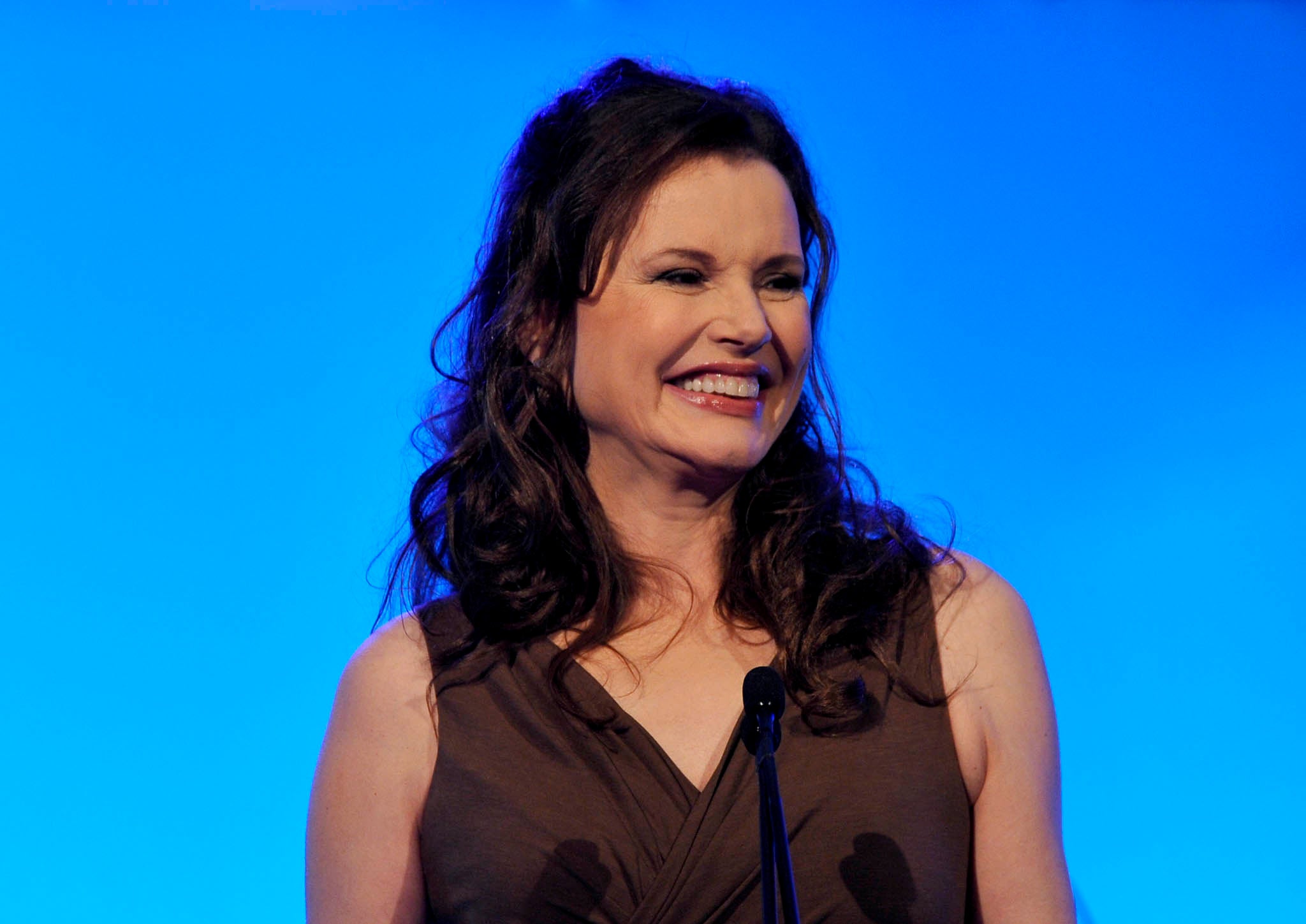Women in films 'equally sexualised between 13 and 39 years-old', UN-backed report finds
The film industry was found to perpetuate 'pervasive stereotyping of women and girls', in a report commissioned by actress Geena Davis

Less than a third of all speaking roles in films across the globe are given to women - and females are twice as likely as males to be hypersexualised on camera, a UN-backed report has found.
The study found that although women represent half of the world’s population, just 30.9 per cent of all speaking characters in films are women, while less than a quarter of the on-screen workforce is made up of women (22.5 per cent).
Commissioned by the Geena Davis Institute on Gender in Media, the investigation looked at popular films across 11 countries, including the UK, US and India.
It concluded that “girls are nowhere to be ‘scene’” in an industry that is characterised by “deep-seated discrimination” and “pervasive stereotyping of women and girls”.
When women are portrayed in positions of employment, they represent less than 15 per cent of business executives, political figures, or science, technology, engineering, and/or maths (STEM) employees.
But when it comes to hypersexualisation, girls and women are twice as likely as boys and men to be shown in suggestive clothing or naked. Meanwhile, a 13-year-old girl on-screen is as equally sexualised as a 39-year-old female character.
Geena Davis, founder and chair of the institute, said that the findings reflect wider-reaching problems in international society.
“The fact is – women are seriously under-represented across nearly all sectors of society around the globe, not just on-screen, but for the most part we’re simply not aware of the extent,” she said.
“And media images exert a powerful influence in creating and perpetuating our unconscious biases.”
The Thelma and Louise actress suggested that changes on-screen could go some way to catalysing change in the real world.

Watch Apple TV+ free for 7 days
New subscribers only. £8.99/mo. after free trial. Plan auto-renews until cancelled

Watch Apple TV+ free for 7 days
New subscribers only. £8.99/mo. after free trial. Plan auto-renews until cancelled
“Media images can also have a very positive impact on our perceptions. In the time it takes to make a movie, we can change what the future looks like. There are woefully few women CEOs in the world, but there can be lots of them in films,” she said.
"How do we encourage a lot more girls to pursue science, technology and engineering careers? By casting droves of women in STEM, politics, law and other professions today in movies."
The report also found that when films featured a woman director or writer, the number of female characters on-screen increased significantly, thereby indicating that hiring more female film-makers could help to alleviate the problem.
And the study also called on film executives to have “a heightened sensitivity to gender imbalance and stereotyping on-screen”.
“Females bring more to society than just their appearance", said principal investigator Stacy L Smith.
“These results illuminate that globally, we have more than a film problem when it comes to valuing girls and women. We have a human problem.”
Percentage of female characters in films by country
1. UK 37.9 per cent
2. Brazil 37.1 per cent
3. Korea 35.9 per cent
4. Germany 35.2 per cent
5. China 35 per cent
6. Russia 30.3 per cent
7. Australia 29.8 per cent
8. US 29.3 per cent
9. France 28.7 per cent
10. Japan 26.6 per cent
11. India 24.9 per cent
12. US/UK (collaborations) 23.6 per cent
Subscribe to Independent Premium to bookmark this article
Want to bookmark your favourite articles and stories to read or reference later? Start your Independent Premium subscription today.

Join our commenting forum
Join thought-provoking conversations, follow other Independent readers and see their replies